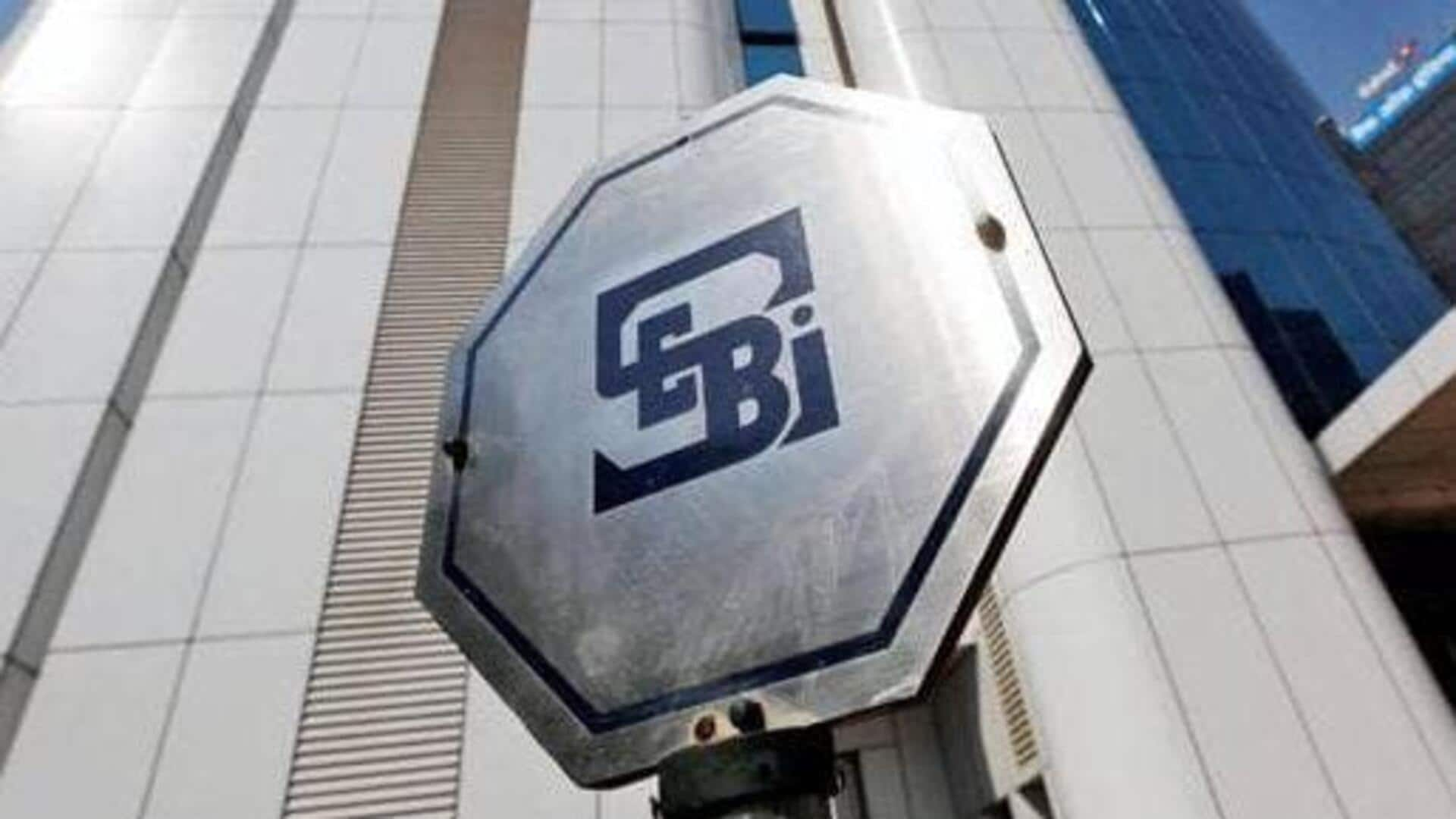
SEBI proposes mutual fund onboarding overhaul to strengthen KYC compliance
What's the story
The Securities and Exchange Board of India (SEBI) has proposed a major change in the way new mutual fund folios are opened and first investments are executed. The proposal, which is still under consultation, seeks to standardize these processes across the board. The move is aimed at tackling operational and compliance challenges arising from incomplete Know Your Customer (KYC) verification during folio creation.
KYC requirement
KYC compliance mandatory for new folios
As per the proposal, new mutual fund folios will only be allowed to make their first investment after being marked as KYC-compliant by a KYC Registration Agency (KRA). This is different from the present practice, where Asset Management Companies (AMCs) sometimes process investments immediately after their internal KYC checks, even before the KRA's verification is complete.
Impact analysis
Delays in KYC verification impact investors, AMCs
The consultation paper also highlights that KYC-related delays have affected both investors and AMCs. Investors could face temporary restrictions on further transactions or late redemption proceeds and dividends due to incorrect bank account details. Meanwhile, AMCs find it difficult to communicate with unitholders and process payments, leading to unclaimed dividends and redemptions.
Implementation details
Proposed process for new folios and investments
Under the proposed process, AMCs will create new folios only after receiving account opening documents and conducting internal KYC verification. The documents will then be sent to the KRA for final verification. The first investment can be executed only after this KYC verification by the KRA, which marks the folio as compliant. Investors will be updated about their KYC status at each stage via email and mobile notifications.
Benefits
Public comments invited on draft procedure until November 14
The new process is expected to minimize errors and enhance compliance, investor communication, and transaction accuracy. However, it may also cause a slight delay in executing the first investment compared to current practices, as KRA verification will be required before the first transaction. SEBI has invited public comments on this draft procedure until November 14, 2025, through its web portal.